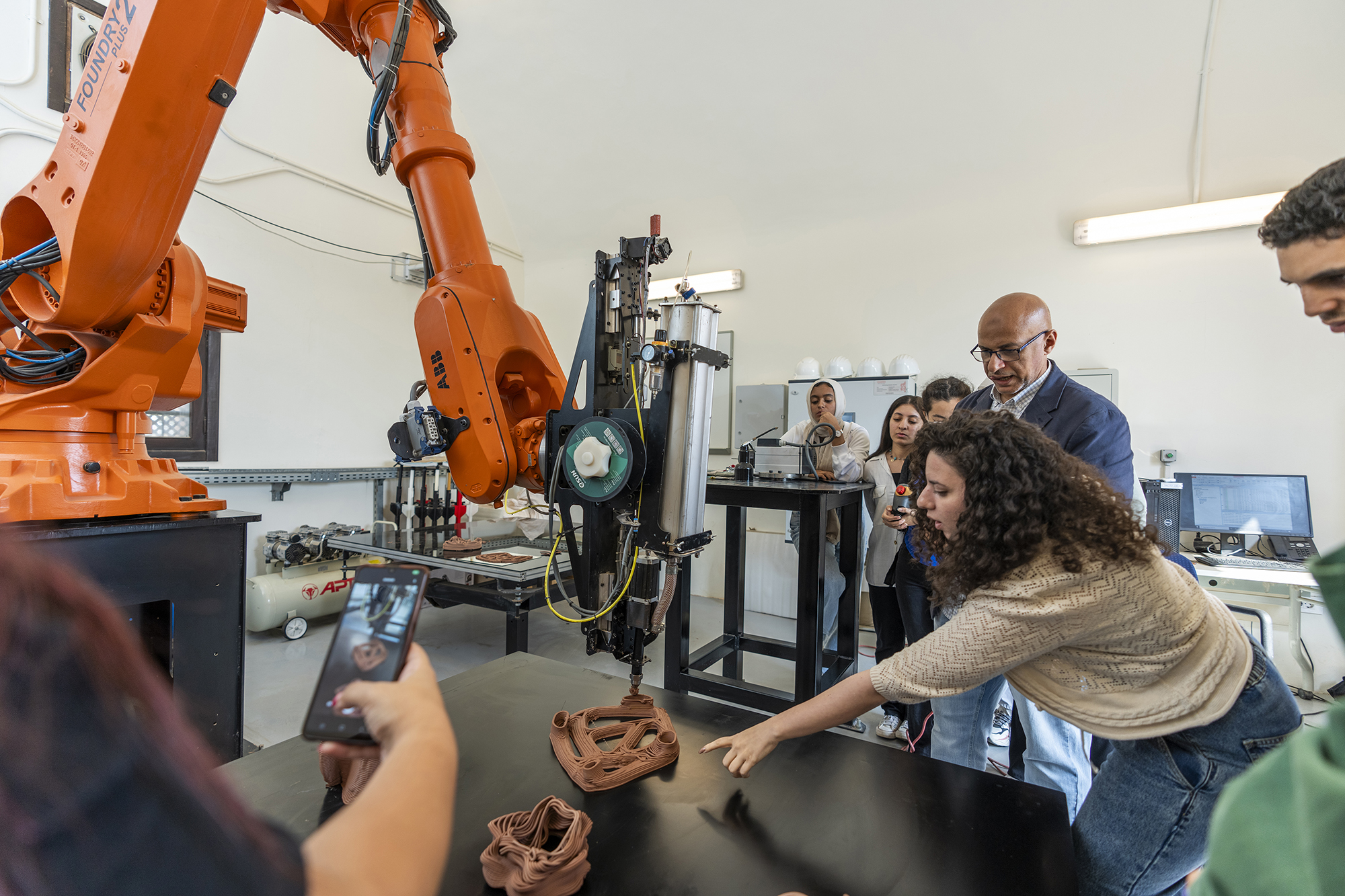
CO-OP
What is a CO-OP?
Cooperative Education (CO-OP) is a pre-graduation experiential learning course that complements academic education in the classroom with real-world on-the-job training. The course offers students the opportunity to have long-term hands-on experience at host entities with a set of challenging responsibilities that are directly linked to the student's field of study. For employers, the program gives them the chance to meet short-term recruitment needs, spot future talent, and contribute to students’ skills and career development.
Why Join the CO-OP program?
The CO-OP program is advantageous to students as it helps them:
Complement their learning experience by applying what they have learned in the classroom to real-world challenges.
Develop their skills through the hands-on approach and the regular feedback they receive from both their faculty supervisor and professionals in the field.
Enhance their career readiness by participating in the CO-OP course; students gain long-term work experience before graduation, which increases their employability and career readiness relative to their peers.
